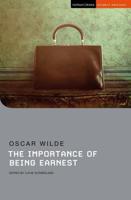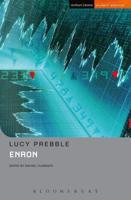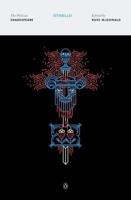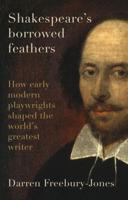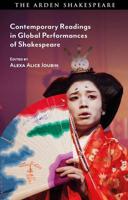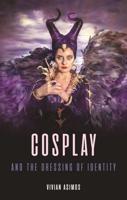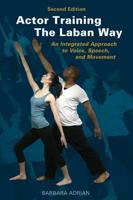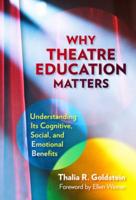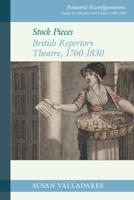Publisher's Synopsis
This study of attitude is about the relation of panic movement and Fernando Arrabal plays. It seems that Arrabal as one of the founders of the panic movement has used ideas, forms and contents of theory of panic to wrote his plays. In 1962 Arrabal co-founded the Panic Movement with Alejandro Jodorowsky and Roland Topor. By the mid-'60s, the Panic Movement began yielding full-fledged "ephemeras" or "happenings," theatrical events designed to be shocking." Members of this movement believed that the contemporary world is full of injustice, Disgust, inequality and human perplexity. Arrabal's plays explore the darker side of human Behavior in ways that have often shocked critics and audiences. His characters engage in master-slave relationships, exchanging the role of executioner and victim. Arrabal's theatre is at once playful and unsettling. He populates his plays with characters who behave like children yet who also commit terrible acts of brutality. These ambiguous 'adult children' are a combination of innocence and irrational cruelty, childishly bickering together one minute then plotting murder or a committing a sexual act the next Arrabal's theatre is a wild, brutal, cacophonous, and joyously provocative world. It is a dramatic carnival in which the carcass of our "advanced" civilizations is barbecued over the spits of a permanent revolution. In the same way Arrabal is related to Marquis de Sad, Alfred Jarry and Antonin Artaud. Thus this article, works with the principal components of Arrabal's plays, Like structure, language, time, themes, music and characters. and has tried to recognition panic idea in Arrabal works. In the same way we can investigate fear and anxiety on the stage and therefore noticed that's impact on the audiences.

